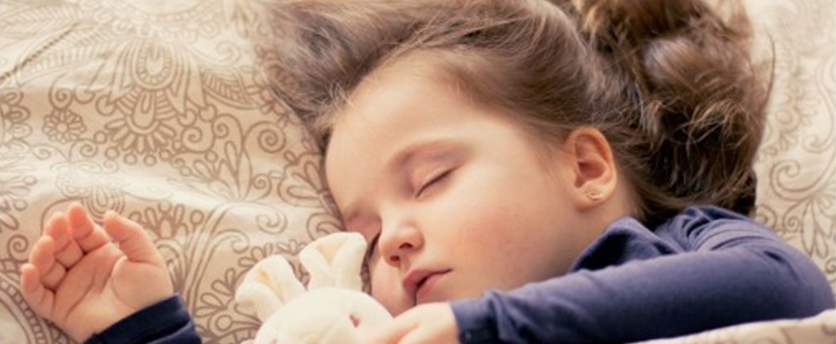
Sleep Apnea is one of the most common sleeping disorders recognized today. While many associate the condition mainly with adults, there are a number of children who suffer from the disorder, all across America. Getting the right diagnosis and treatment for children is critical, both to improve their immediate quality of life and protect their future health.
If you suspect your child is suffering from sleep apnea, or you know of friends or family members with children displaying symptoms, then you’ll need to know exactly what to do when it comes to diagnosis and treatment.
Symptoms That Indicate You Need an at Home Sleep Apnea Test
Your child will display some typical symptoms when they’re suffering from sleep apnea. Understanding what these are will allow you to take swift action when it comes to diagnosis.
Before you continue, it’s important to know that if your child is overweight or obese, then they are at a high risk of developing sleep apnea. Being overweight means that more fat is carried around the neck, which can obstruct the airways during sleeping. Overweight children will typically snore more often, and more loudly than other children, so apnea events (pauses in breathing) will become more apparent.
These pauses in breathing will be highly noticeable upon observation. There will be a significant pause in breath (or in the sound of snoring), followed by strained gasping for air, snorting, or choking sounds. These pauses mean that the child will reach a near state of consciousness, being disturbed from their normal restful sleep. You may also observe that your child is generally restless during sleep and that they hold their head in strange positions. Moving the head to abnormal positions is usually an effort to clear the airways. A child that has apnea may also sweat a significant amount when sleeping, another side effect of the pauses in breathing.
These symptoms can often be observed easily while your child is sleeping, so if you do suspect a problem, it can be beneficial to monitor your child for a few nights before you consult with a doctor.
In addition to these symptoms that can be observed during sleep, there are also telltale signs of sleep apnea that will become apparent during the day. Because apnea interrupts normal sleeping patterns, it means that your child will become fatigued easily during the day. They may become irritable, develop learning difficulties, and their constant state of tiredness may cause behavioral problems at home and at school.
A child suffering from sleep apnea may be hard to wake in the mornings, and they may lose concentration or even fall asleep during the day.
Getting Your Child Tested with Sleep Apnea Home Test
Even if you are able to observe many of the symptoms listed above, you’ll still need to ensure that your child undergoes complete testing to properly diagnose their condition. It’s possible to have a sleep apnea home test, but you’ll first need to visit your doctor to begin the process.
A physician will ask a number of questions of you and your child to confirm the symptoms and rule out any other potential causes. If they believe that sleep apnea is a possibility, then they can recommend a sleep apnea test at home.
In the past, testing for sleep disorders would be performed in a sleep clinic. This can be extremely disruptive, particularly for children. A test at home will mean that accurate results can be taken from your child’s normal environment. It’s much more convenient for you, and more comfortable for your child.
How is Sleep Apnea Home Tests Performed?
If your doctor recommends a home test, then you’ll have the option of using a small device that your child can wear while sleeping. Thousands of doctors across America recommend VirtuOx medical devices, because of the accuracy and reliability of these units. At VirtuOx, we produce a range of sleep apnea testing devices that can take important measurements like heart rate, breathing rate, sleeping position, and oxygen saturation. Devices can be worn on the risk with a tethered sensor that sits on your child’s finger.
VirtuOx devices can collect data that can then be uploaded to a database to be interpreted by a physician, allowing for diagnosis over a longer period of time for the best results. At home sleep apnea testing devices can also be used after diagnosis, to monitor the condition and any improvements that come from the treatment that your doctor will eventually recommend.
When sleep apnea is picked up early, your child will have the best chance to live a normal life, allowing them to grow and develop without all of the negative side effects that come from a sleeping disorder.
VirtuOx is the leader in home sleep tests and pulse oximetry.
Click the link below to get more information plus to receive a FREE Report…